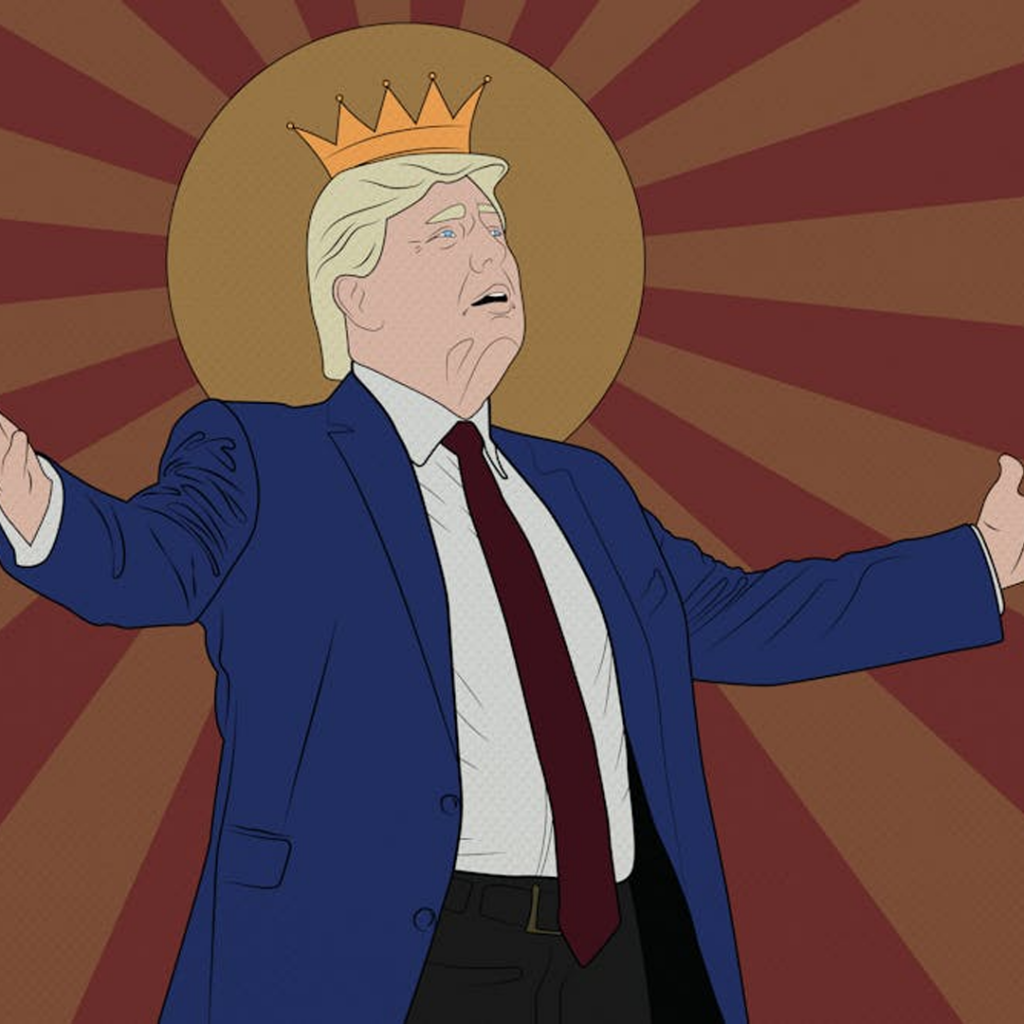
This article was syndicated from the Daily Tar Heel, the newspaper of the University of North Carolina in Chapel Hill, NC. The original version of the story ran here.
During President Donald Trump’s inaugural address, he credited surviving his assassination attempt on the campaign trail to divine intervention — claiming he was “saved by God to make America great again.”
Hours later, inauguration service leader Bishop Mariann Budde directly challenged Trump’s statement, rebuking his newly announced immigration policies and appealing to his sense of Christian duty.
“In the name of our God,” she said, “I ask you to have mercy upon the people in our country who are scared now.”
Trump later criticized her public plea, declaring that the “so-called Bishop” brought “her church into the world of politics in a very ungracious way.” Trump demanded she apologize.
But Rev. Budde wasn’t the only Christian figure to criticize the Trump Administration; among other declarations of resistance, Pope Francis recently released a scathing open letter criticizing Trump’s immigration policies.
There has never been a non-Christian president — though political opponents have often slung accusations of hidden atheism. Some of the most contentious contemporary political debates around abortion and same-sex marriage rest squarely on Christian foundations. The idea then that the modern era has brought an enduring separation between church and state is simply untrue, and the long-lasting influences of Christianity on political authorities trace back to the Middle Ages.
Though the Middle Ages may seem far removed — or maybe even irrelevant — from the perspective of our contemporary political climate, there exist compelling parallels between our political disputes and those that occurred in medieval times. Public spats between politicians and religious leaders, from priests to popes, are not unprecedented. Rather, they coincide with the distinctly medieval political struggle between the church and state for influence over the faithful.
In Jan. 1076, the German King Henry IV, along with several German bishops, publicly renounced his allegiance to then-Pope Gregory VII, demanding that he abdicate his papal position. This action kicked off what would become known as the Investiture Controversy, the culmination of a simmering struggle between the papacy and monarchy over the right to appoint bishops. Despite firing the first shot, King Henry IV was ultimately forced to concede to Pope Gregory VII, begging barefoot in the snow at Canossa to be re-communicated back into the church.
Just a century later, in 1162, English King Henry II engaged in a similar battle with Archbishop of Canterbury Thomas Becket over the extension of monarchical authority in Church courts. This conflict, however, resulted in Becket’s murder at the hands of the King’s soldiers. While the King faced public backlash, he was ultimately able to calcify the power of the English state through legislation, signaling the emergence of an increasingly powerful earthly authority.
Of course, members of the Trump administration aren’t sending soldiers to Vatican City; the Catholic church no longer has anywhere near the political influence that it possessed in the Middle Ages. Despite this, Christians still comprise around two-thirds of America’s population. They’re a powerful voting bloc and an even more dominant source of cultural influence. In North Carolina alone, the majority of residents are Christian, with large communities of Catholics, Southern Baptists and non-denominational affiliations. Conflicts between secular and spiritual leaders directly involve the values of millions of Americans.
Political affiliation among Christian denominations and demographics varies wildly, but among people who voted for Trump, the majority believe that he will defend their Christian beliefs — some, even that he’s a divine savior. So when Trump said last October that he was picked by a “supernatural hand” to become president again, he, like so many leaders before him, knows exactly for whom his audience will pray.
